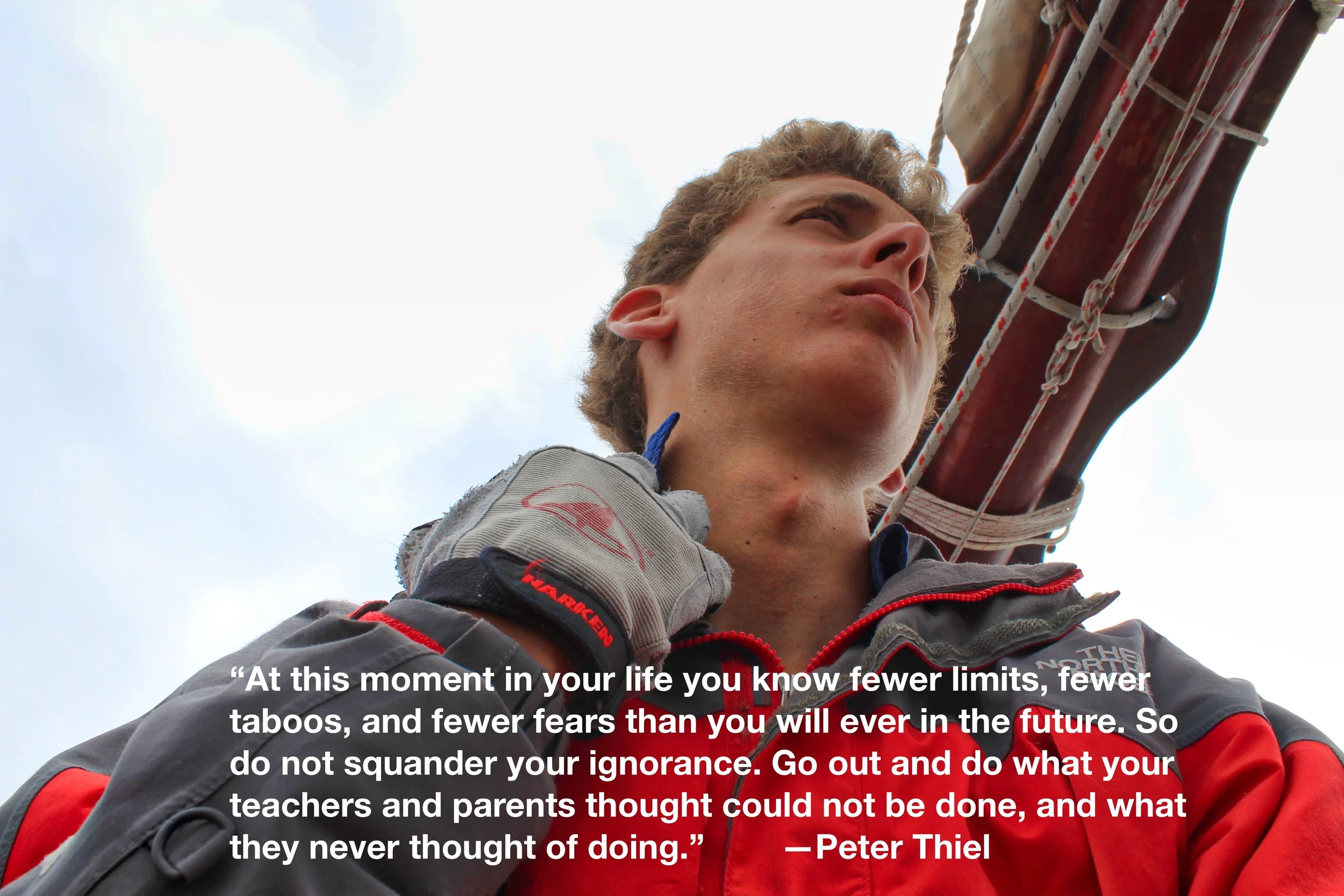The impact [of completing an outdoor adventure course] doesn't just take the form of a thrill, it takes the form of a revelation: "OMG, I can't believe I just did that. Wow! What else might be possible?" Indeed—all sorts of things. There's an enormous satisfaction that comes not only from overcoming your own self-doubts, but in realizing so many new possibilities. And when goals become more ambitious, motivation and grit inevitably emerge. True self-confidence spawns self-discipline. Organizing towards future objectives becomes second-nature.
Why Traditional Boats?
Youth and Self-Confidence
In mid-January (2017), The Telegraph, a daily newspaper in the UK, ran an article under the headline "Half of young people have so many 'emotional problems' they cannot focus at school, study finds".
The following is an excerpt:
Professor Louise Arseneault, ESRC Mental Health Leadership Fellow at the Institute of Psychiatry, Psychology and Neuroscience, King’s College London, said: "Given the profound uncertainty surrounding recent political events and the fact that young people face the worst job prospects in decades, it's not surprising to read that one in four young people aged 16 to 25 don’t feel in control of their lives.
Professor Arseneault continued: “Although it’s obviously alarming that these concerns play on young minds, it’s encouraging to see that young people have an interest in actively shaping their own future.”
Of those who do not feel they are in control of their lives, 61 per cent said they felt this was because they lack self-confidence [emphasis ours], and that this holds them back.
Sixty-one percent? Wow!
This blog is full of other posts, including links to news articles, that help identify the challenges of growing up in the modern world. Just scroll down. If you're looking for tried-and-true solutions, you have our coordinates.
Peter Thiel On Pushing Your Limits
Heuristic Learning In The Digital Age
Dave Snowden, founder and Chief Scientific Officer of Cognitive Edge, and Joshua Cooper Ramo, co-CEO of Kissinger Associates and former senior editor of Time magazine, sat down in April 2016 at the New York Public Library for a conversation entitled "Edge Tools in a Digital Age: Social Processes in a Radically Contingent World."
At one point in the discussion, Mr. Snowden made an interesting comment about virtual reality (VR). He said, "If you don't engage the body in the (VR) game, you don't have a proper game. You haven't got stress, you haven't got chemical release... [For example] Smell is an important determination of trust... It's the level of stimulus that concerns me. We are increasingly learning that things happen in the body chemically which influence consciousness, which has been vastly overlooked, and if you just rely on visual and auditory stimulus you're damaging human intelligence."
Adventure education is about heuristic learning—engaging all the senses in transformative trial-and-error experiences. When it comes to resilience, strong personal relationships, cultural fluency (and perhaps even cognitive acuity), there really is no satisfactory substitute for authenticity. We still learn best by taking on new challenges in the real world.
The more challenging the task...
—Jesse Itzler, excerpted from a video that appeared on the website Business Insider. Jesse, a highly successful serial entrepreneur, hired an ex-Navy SEAL to live with him in his NYC apartment for a month and teach him a few things about life. This is just one of his 'takeaways.'
Essential Skills for Tomorrow's World
In late February, 2016, GPS (CNN) host Fareed Zakaria interviewed Alec Ross, former senior adviser for innovation to former Secretary of State Hillary Clinton and author of a new book, The Industries of the Future. "It is a book written for recent graduates, predicting what the next 20 years will bring, which industries will boom, which jobs will grow, and perhaps most importantly, which skills will be necessary to compete." Here is an excerpt from that interview.
—ZAKARIA: So young people listening to this, parents listening to this, will wonder what should we do to prepare for this new world?
—ROSS: I have a 13-year-old son, an 11-year-old daughter and an 8-year-old son. And I really wrote this book to try to light a little path for them. Sixty-five percent of all jobs for children entering primary school today will go into job titles that don't presently exist.
And so I have a chapter in the book called "The Most Important Job You'll Ever Have," which is parenting, which focuses on the skills and attributes that today's kids will need in tomorrow's world.
And I point out two things, first: interdisciplinary learning. We've got to be able to take science, technology, engineering and mathematics and combine that with skills in the humanities focused on 65 percent of jobs go into jobs that don't exist. [...] I point out two things. first, interdisciplinary learning. We've got to be able to take science, technology, engineering, and mathematics and combine that with skills in the humanities focused on persuasion, teaching and other such things.
The second thing I would say is language learning, foreign languages and computer languages. The world is growing more global. People who are prepared to work on a 196-country chessboard are going to be those who are best positioned [emphasis ours]—and computer coding because, if you are a competent coder, you basically have a few decades' worth of guaranteed employment in front of you.
The drums are getting louder: early international exposure is becoming increasingly essential in the age of globalization. Just something to bear in mind when considering summer programs for teenagers.
The full transcript can be found here, near the bottom of the page: http://transcripts.cnn.com/TRANSCRIPTS/1602/14/fzgps.01.html





